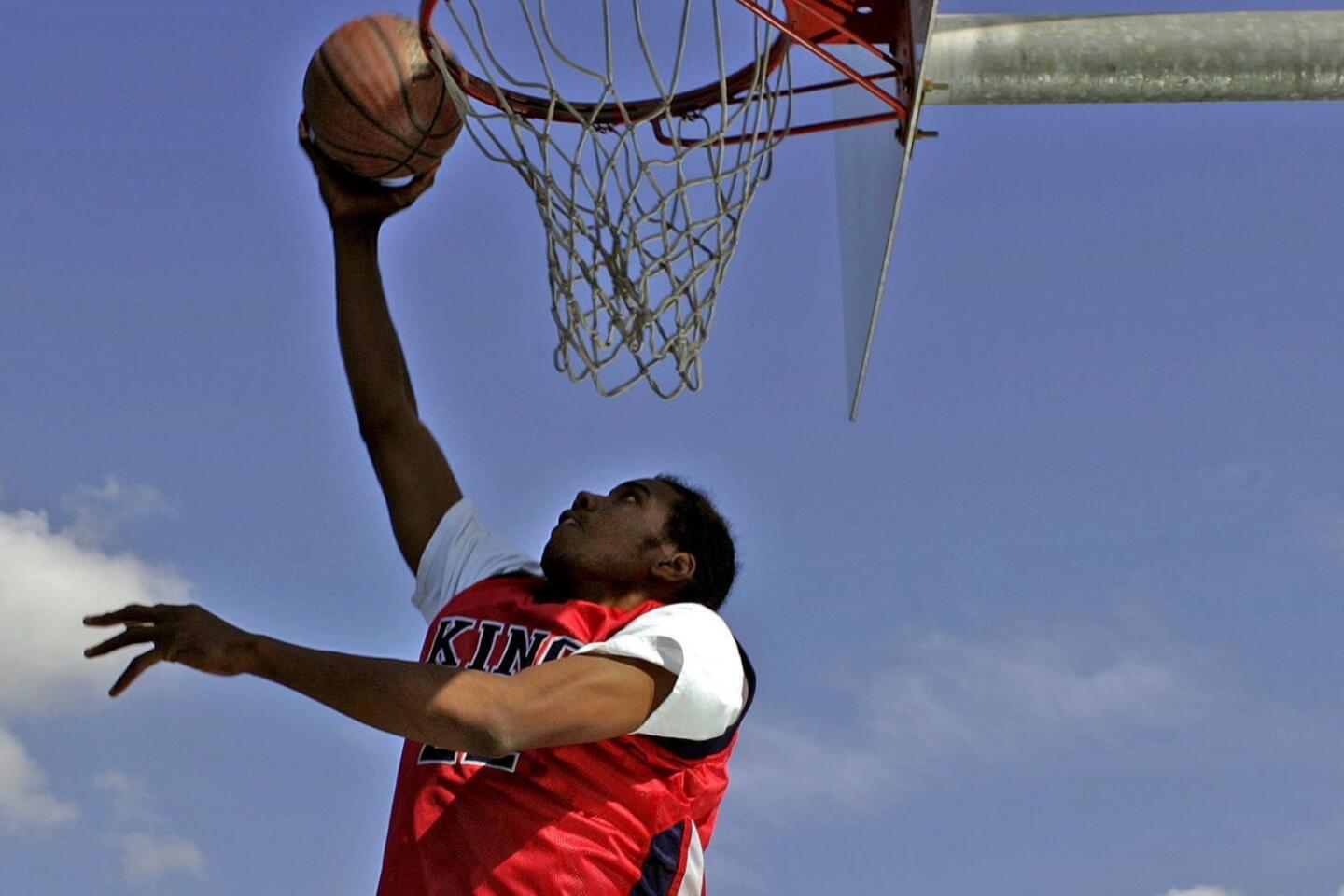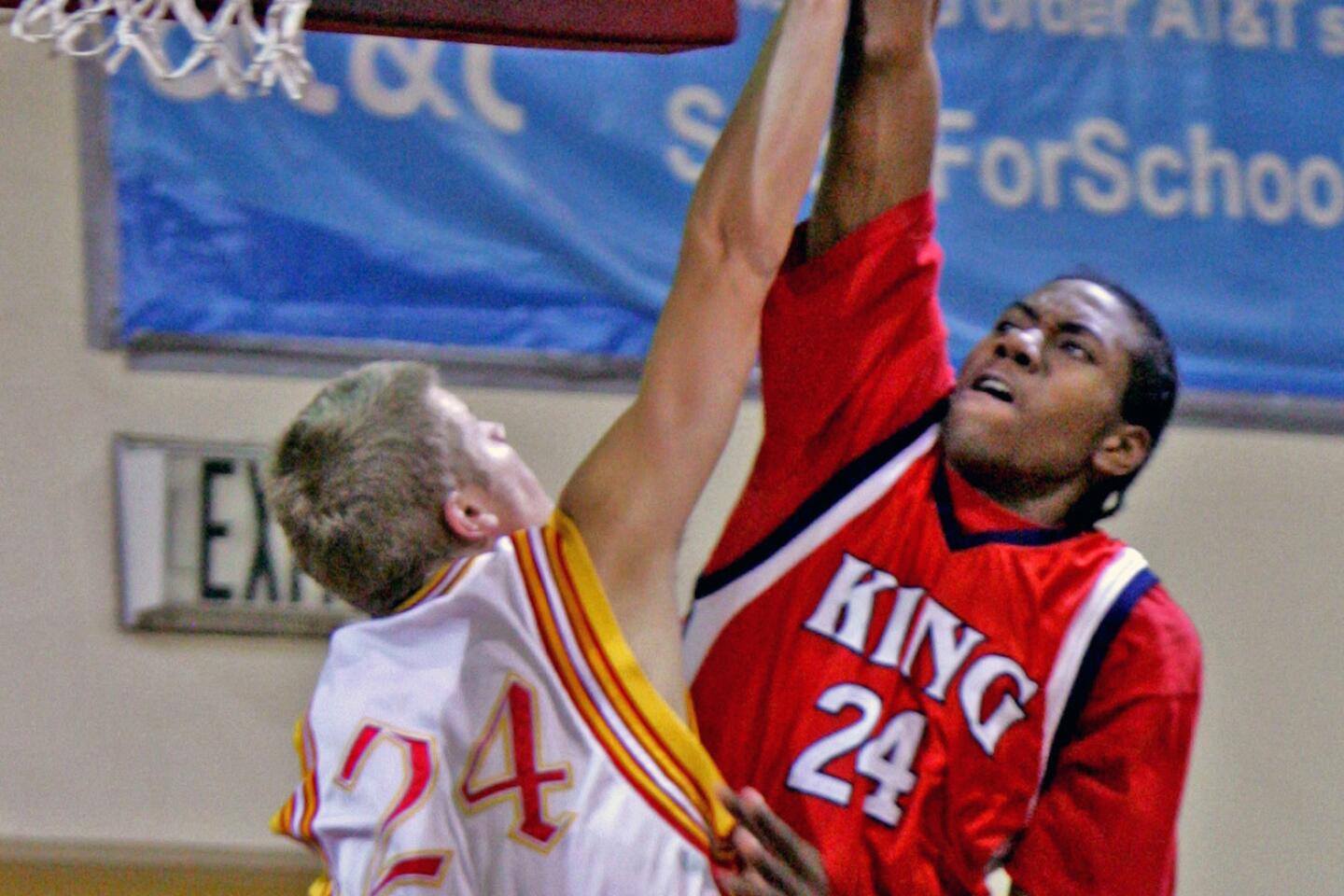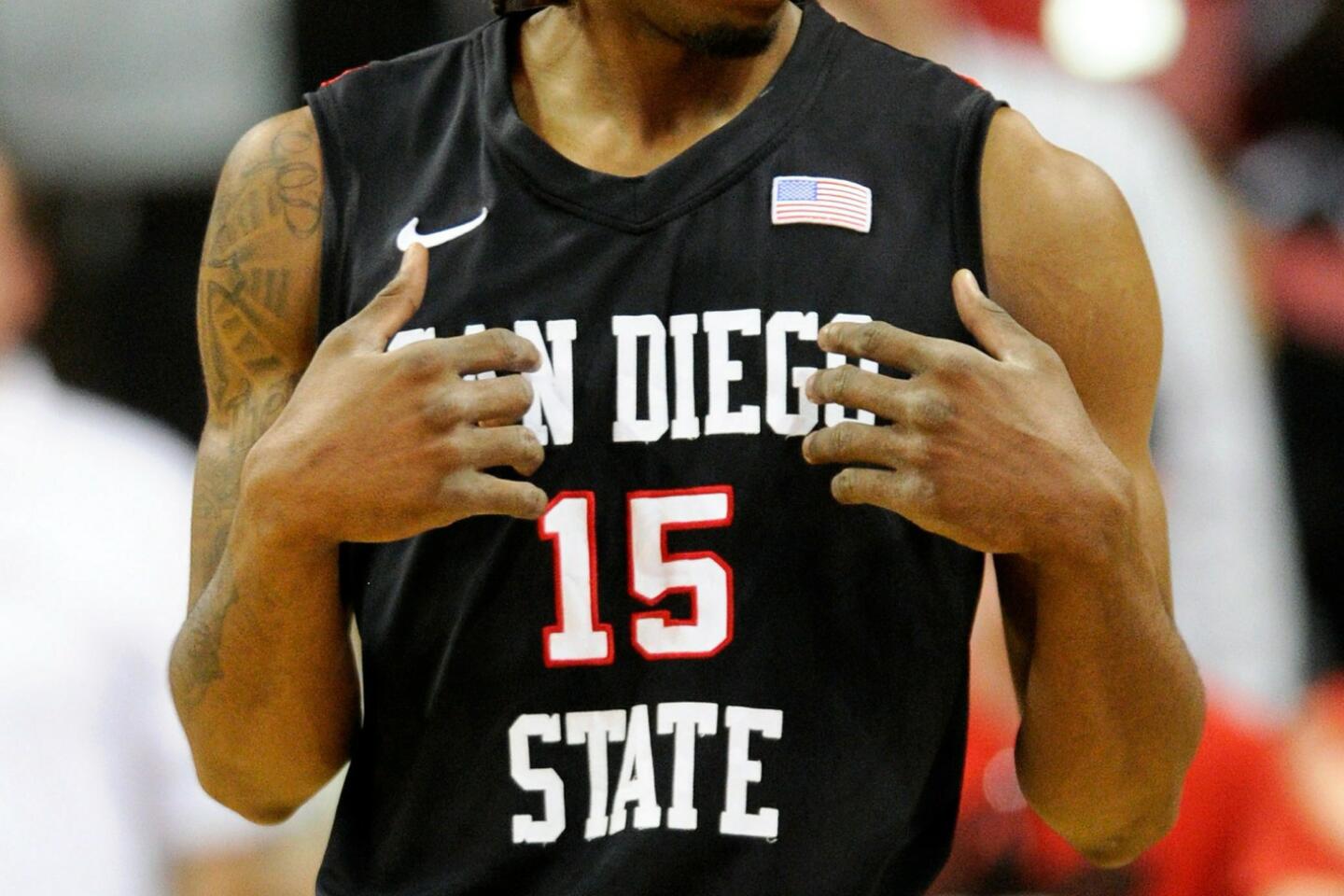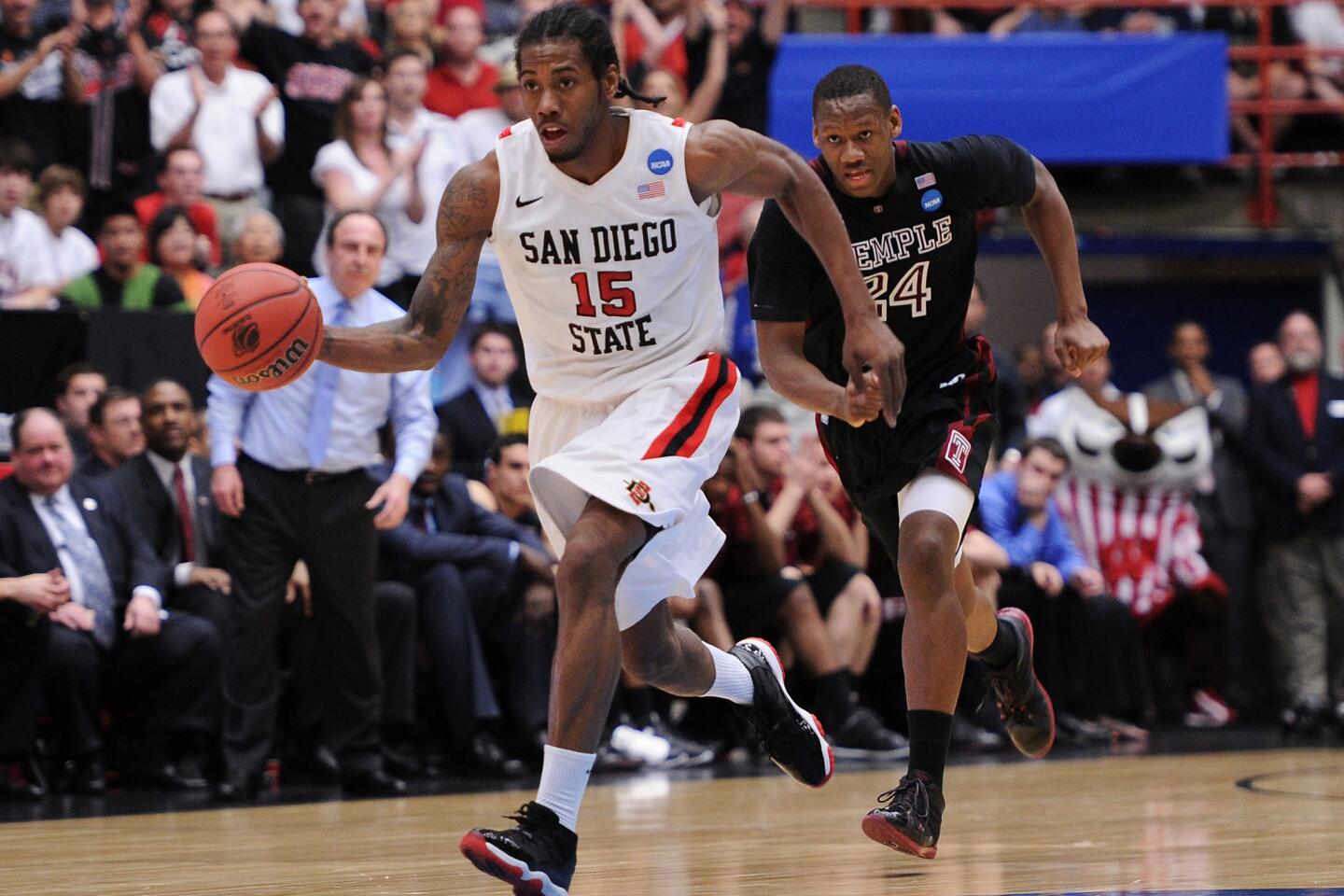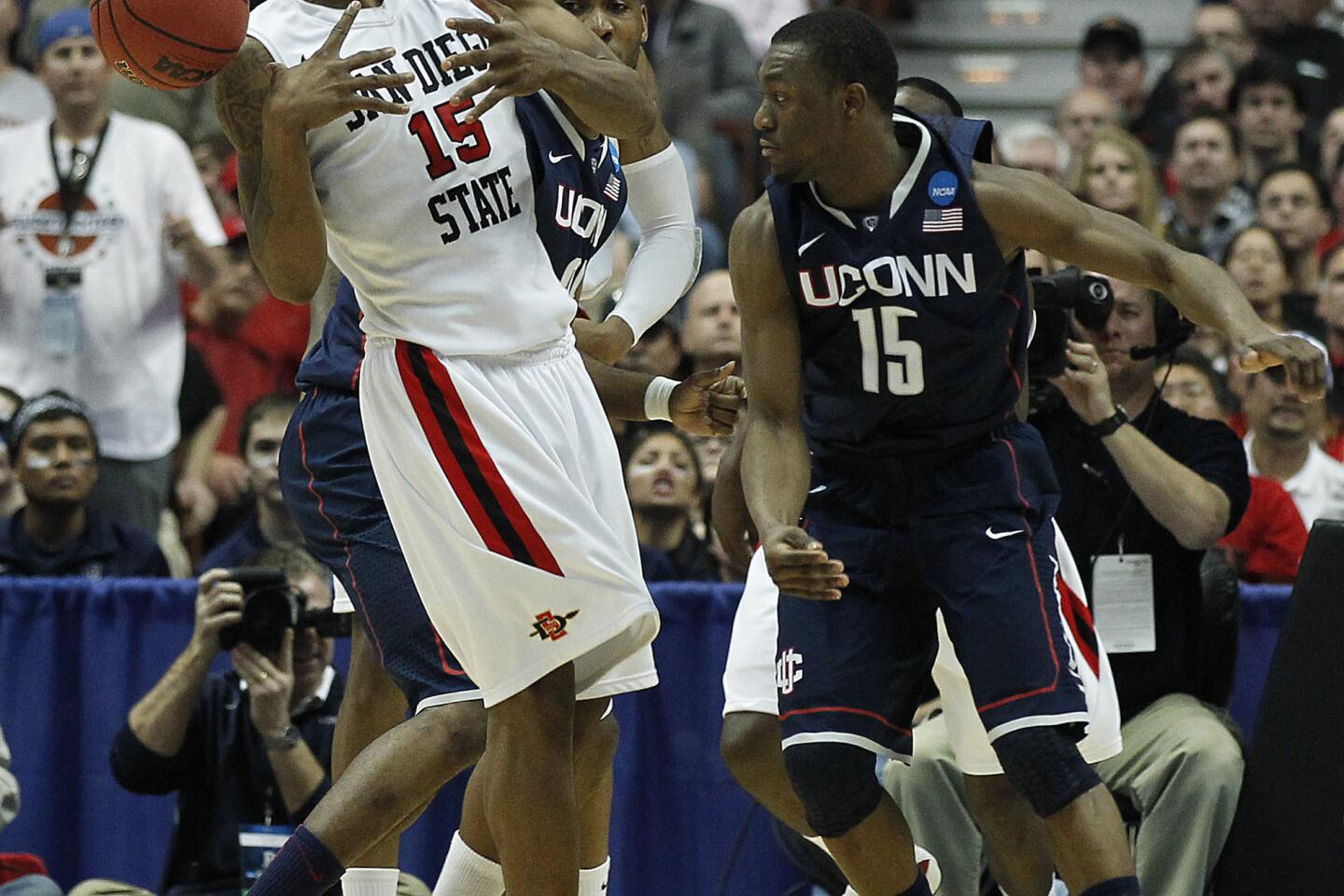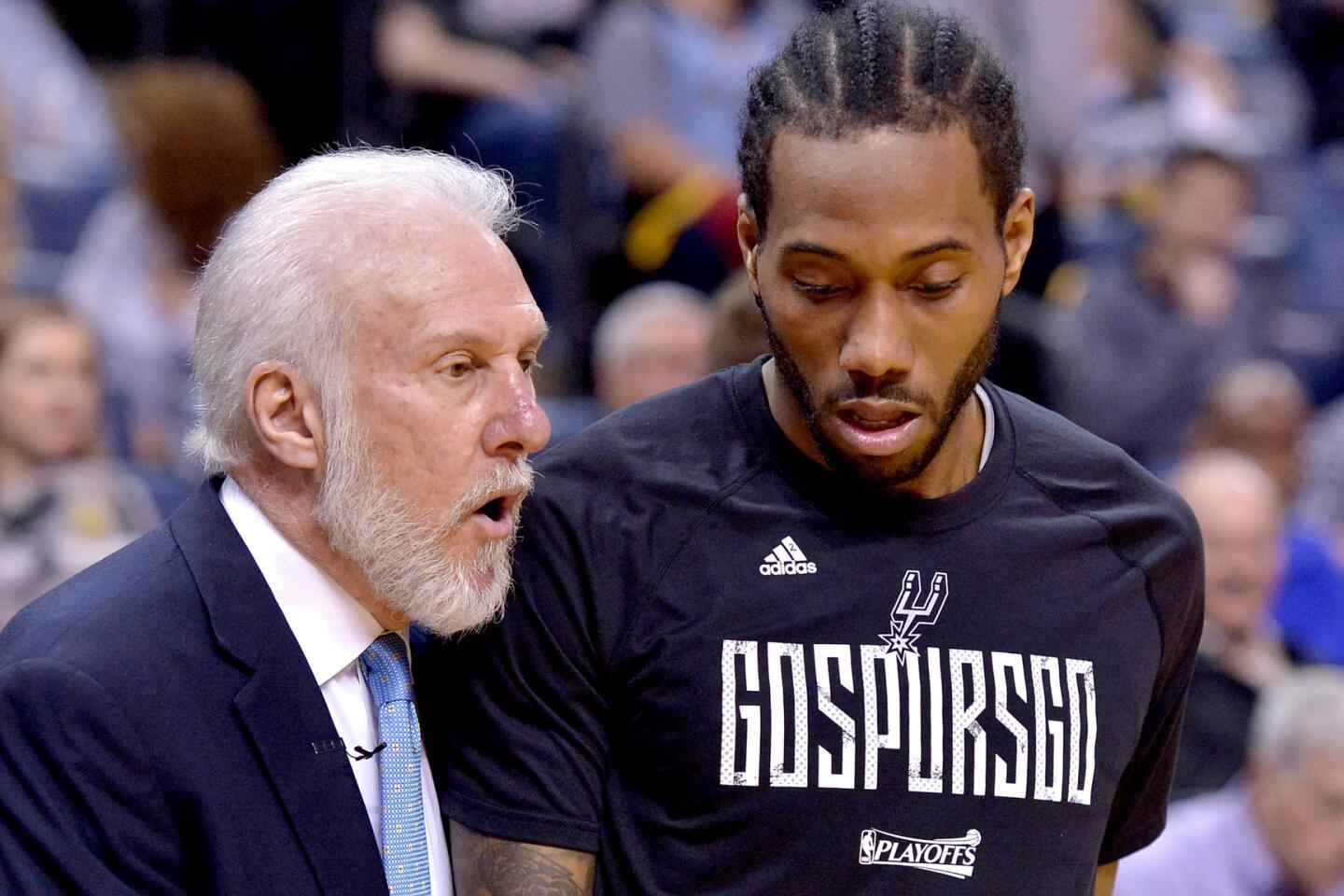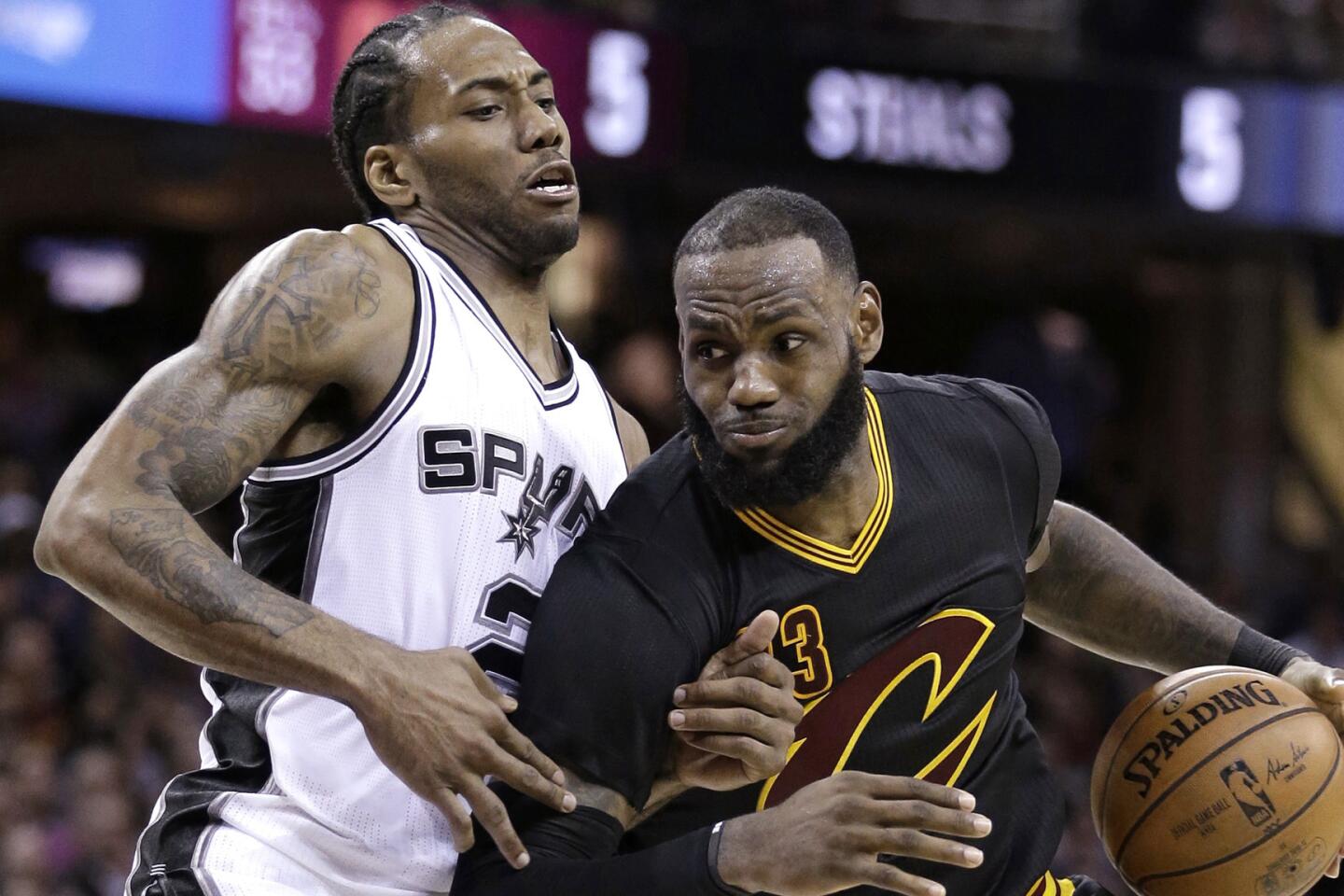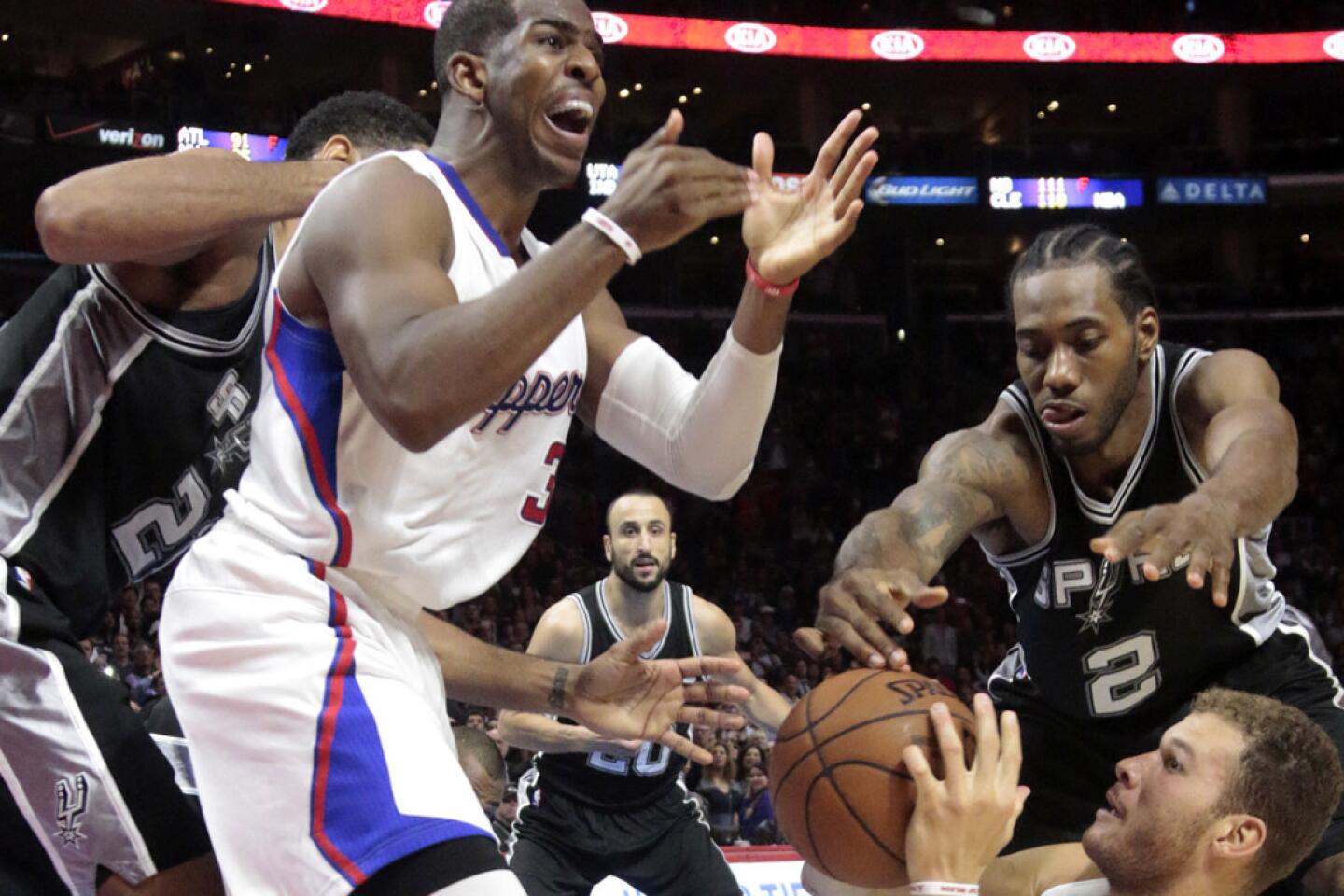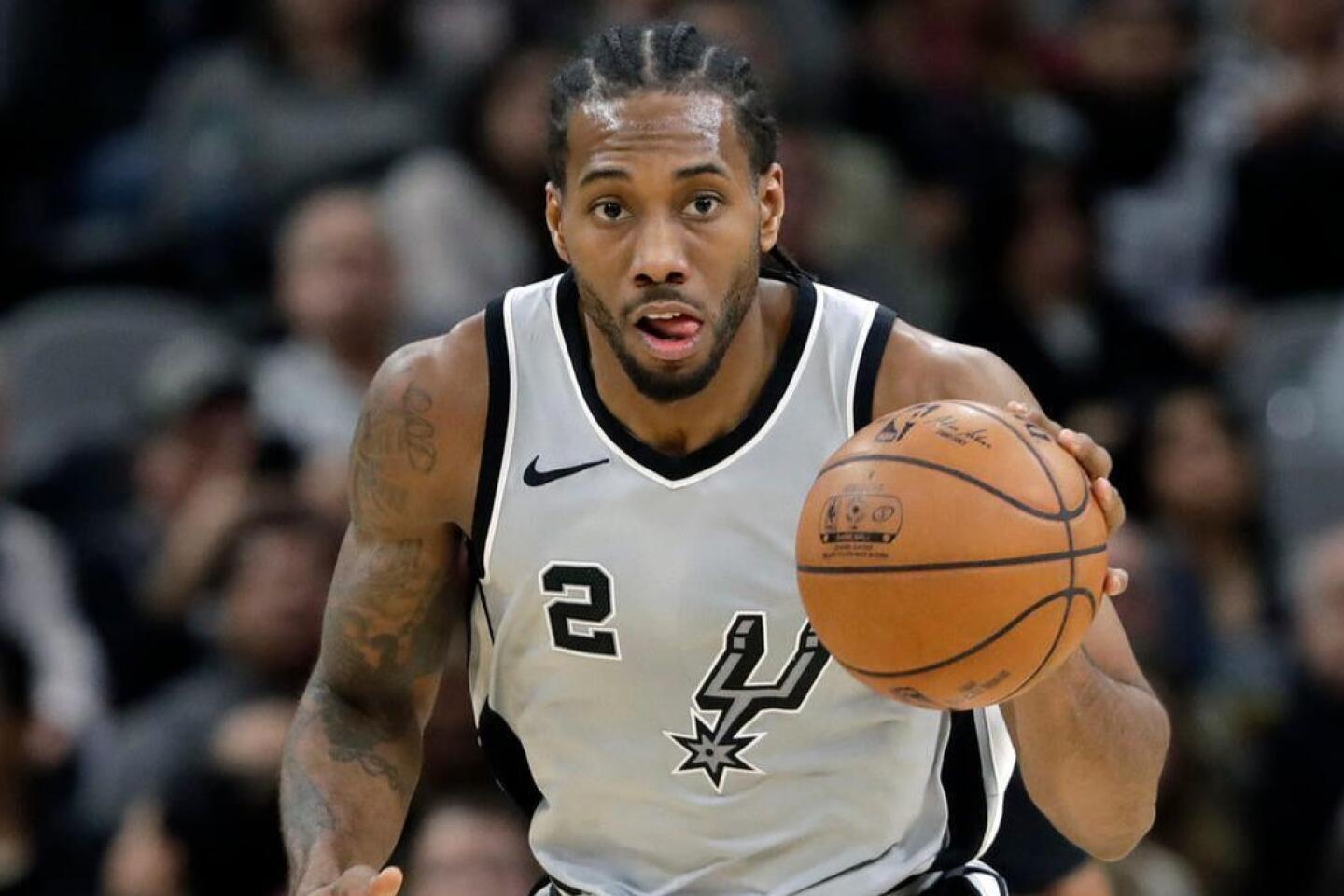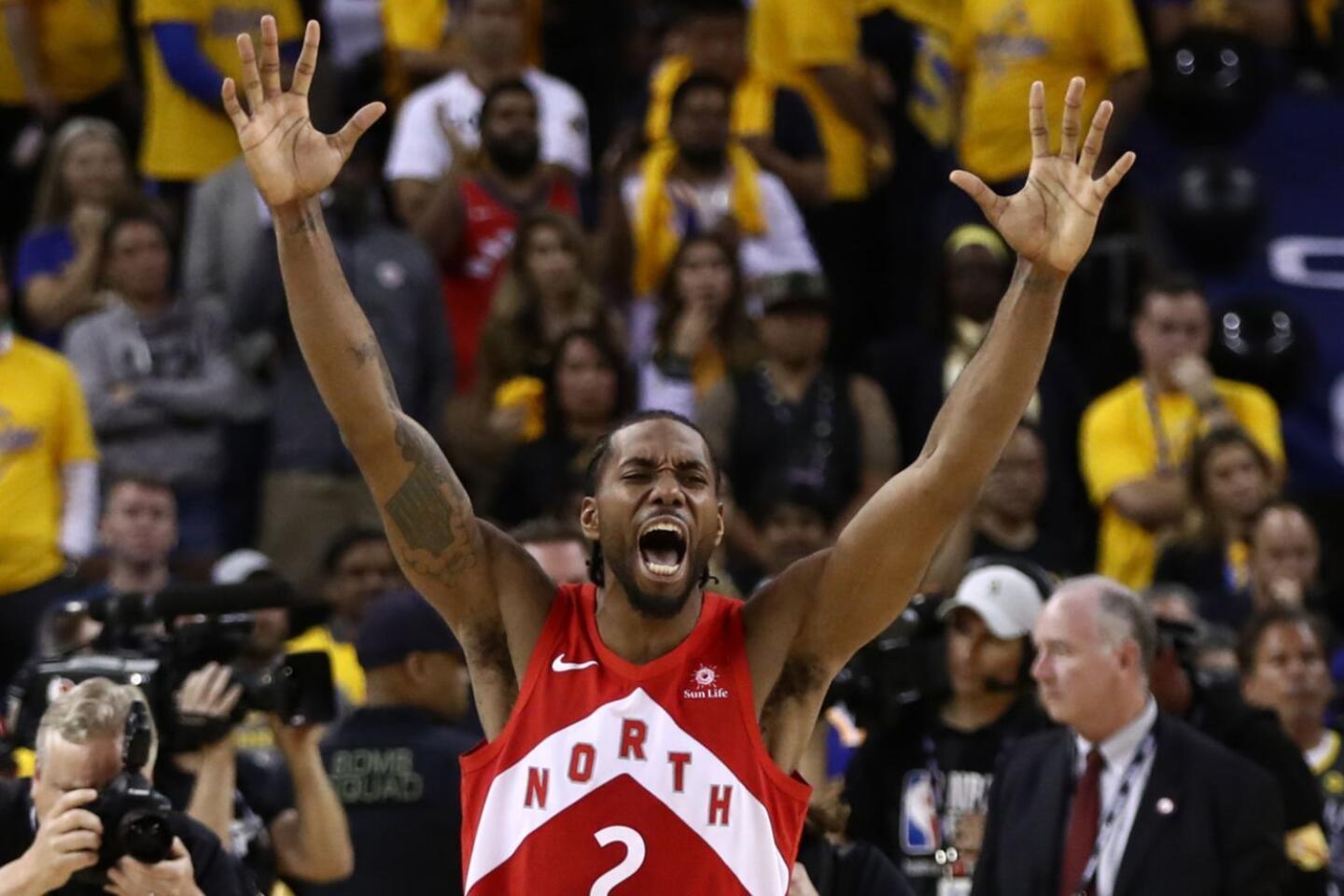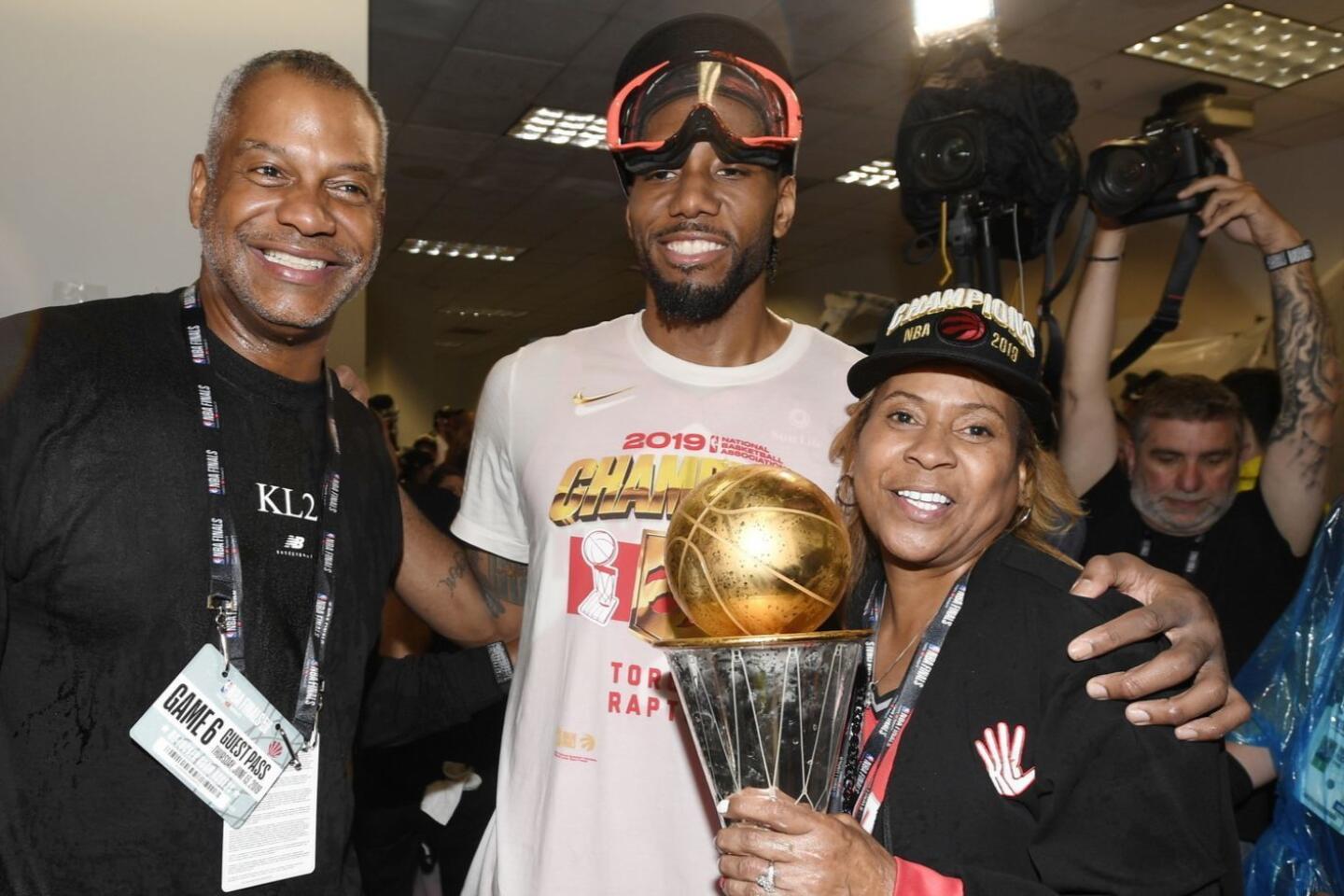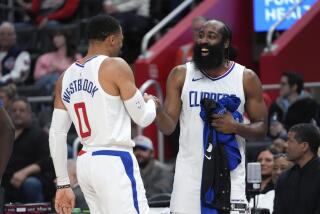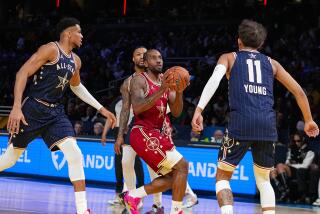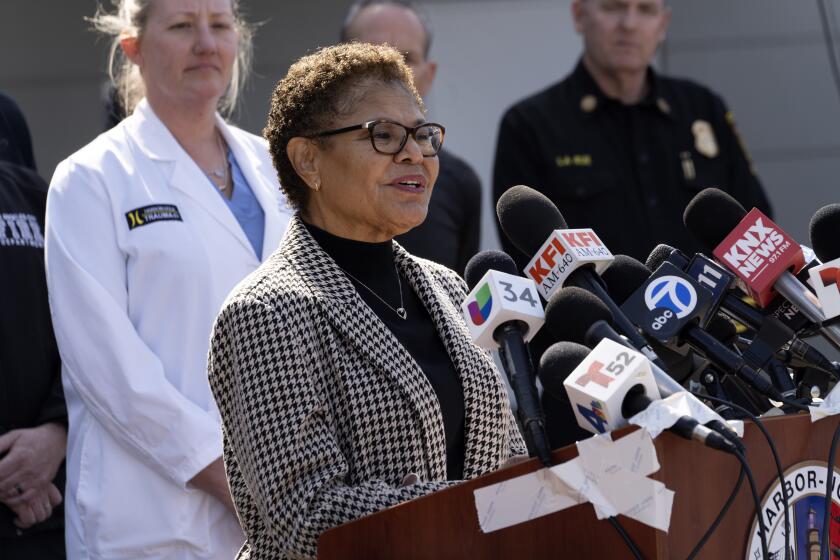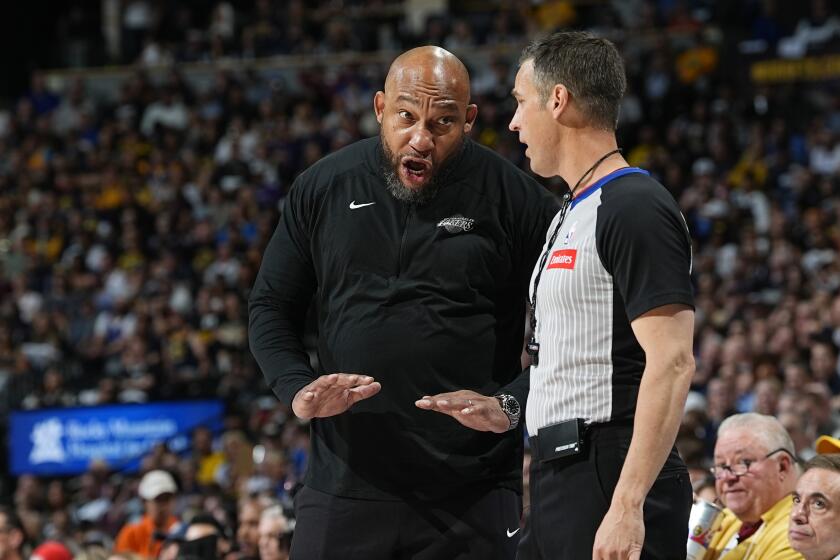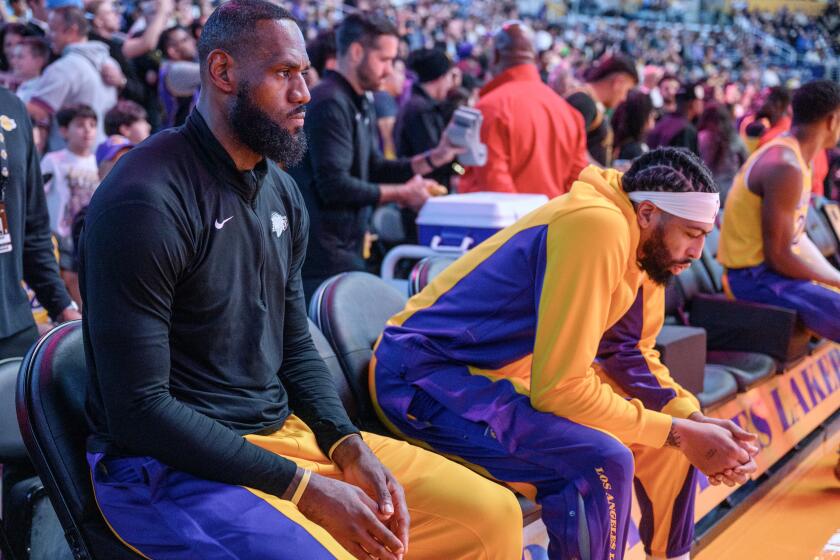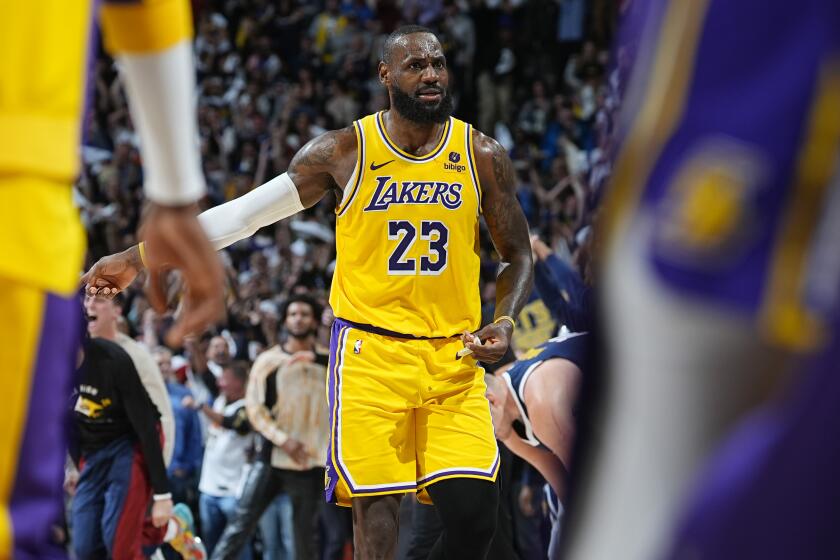Comparing Clippers’ and Lakers’ new squads to super teams of the past
With Kawhi Leonard deciding to join the Clippers, who also acquired Paul George in a trade with Oklahoma City, a new NBA super team is on the verge of being created. The Lakers are in the mix as well after trading for Anthony Davis, who will play alongside LeBron James.
Although each team becomes an immediate title contender, neither is quite at the super team level yet. Each lacks a third star, which the Lakers would have had if they had landed Leonard.
There have been many super teams in the history of the NBA since the Boston Celtics dynasty, although before the 1990s, such pairings weren’t really called super teams. And some of those, including a Lakers group, have disappointed.
Here’s a look at some super teams that had three or more stars on the roster:
1968-69 LAKERS
Although the Boston Celtics had some super teams, they were primarily built around Bill Russell and some outstanding role players. When Wilt Chamberlain joined forces with Elgin Baylor and Jerry West, L.A. had its first NBA glamour team. Baylor and West had already been to five NBA Finals. This new super trio each averaged 20 or more points per game, combining for more than 70, to help the Lakers set a franchise record with 55 victories. This trio spent three seasons together but injuries derailed Chamberlain and Baylor, who eventually retired during the 1971-72 season, before they could win a ring together. Chamberlain and West led the Lakers to the title after Baylor’s retirement.
1971-72 NEW YORK KNICKS
In three seasons together, Walt Frazier, Earl Monroe and Willis Reed won one NBA title, in 1973. The Knicks had won the 1970 title but age and injuries required they restock, so they acquired Monroe, the flashy Baltimore Bullets guard, in a trade. They had plenty of depth with forwards Bill Bradley, Dave DeBusschere and Jerry Lucas.
1982-83 LAKERS
With the drafting of James Worthy, the Lakers had a new super trio built around Magic Johnson and Kareem Abdul-Jabbar. The Lakers had already won championships in Johnson’s rookie season and again in 1982. The super trio would lead the Lakers to four more appearances in the NBA Finals that decade, winning in 1985, ’87 and ’88 while losing in ’89.
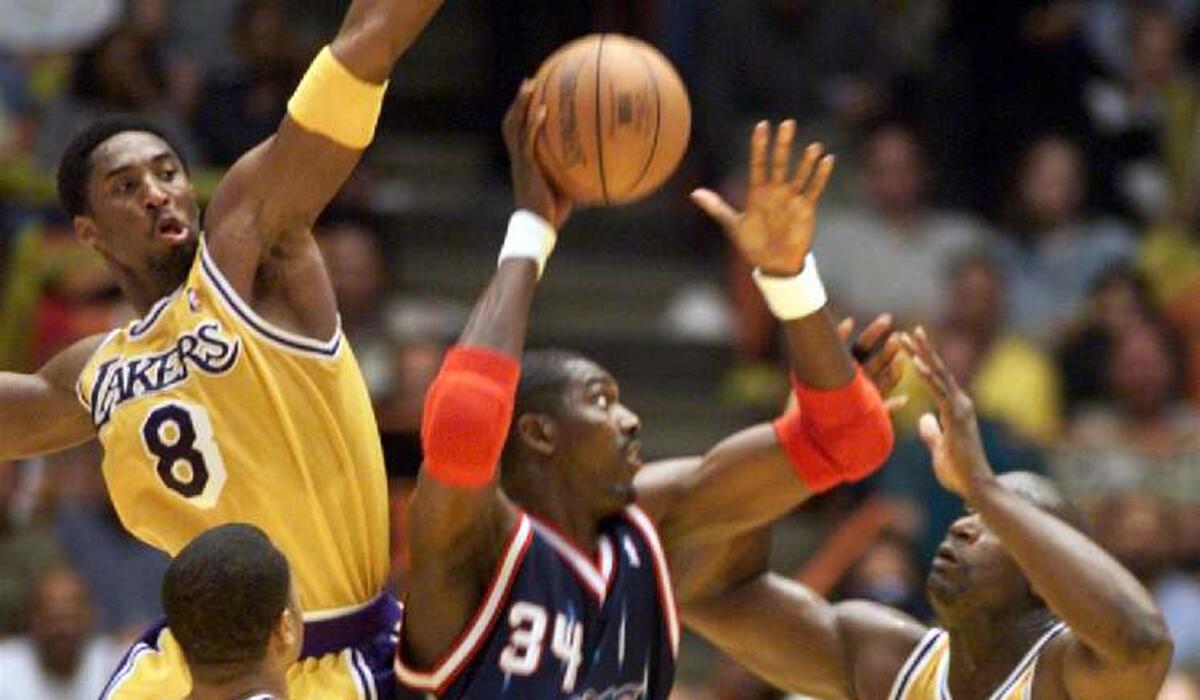
1996-97 HOUSTON ROCKETS
Already led by the NBA’s best big man, Hakeem Olajuwon, and after winning titles in 1994 and ’95, the Rockets acquired Charles Barkley to join Clyde Drexler (and, after Drexler retired, Scottie Pippen). There would not be another ring thanks to Michael Jordan, Pippen and the Chicago Bulls’ title run.
2003-04 LAKERS
After winning three consecutive titles to start the decade on the backs of Kobe Bryant, Shaquille O’Neal and a bevy of veteran role players, Karl Malone and Gary Payton joined the team as free agents. The experiment lasted just one season as Malone went on the injured list for the first time in his storied career and Payton was not up to his previously stellar standard.
2007-08 BOSTON CELTICS
With Paul Pierce in his prime, Boston acquired one of the game’s best big men in Kevin Garnett and a top three-point shooter in Ray Allen. In five seasons, they made it to four Eastern Conference finals and two NBA championship series, winning the title in 2008 and losing to the Lakers in 2010. The trio had plenty of help from Rajon Rondo, Kendrick Perkins, Glen Davis, Eddie House and others.
2010-11 MIAMI HEAT
LeBron James’ decision to leave Cleveland to head to South Beach was matched by Chris Bosh’s departure from Toronto to join forces with Dwyane Wade. In four seasons together with the Miami Heat, they made it to the NBA Finals each year and won titles in 2012 and ’13. Unlike other super teams that were put together primarily through trades, this group appeared to conspire to make it happen since James and Bosh were free agents.
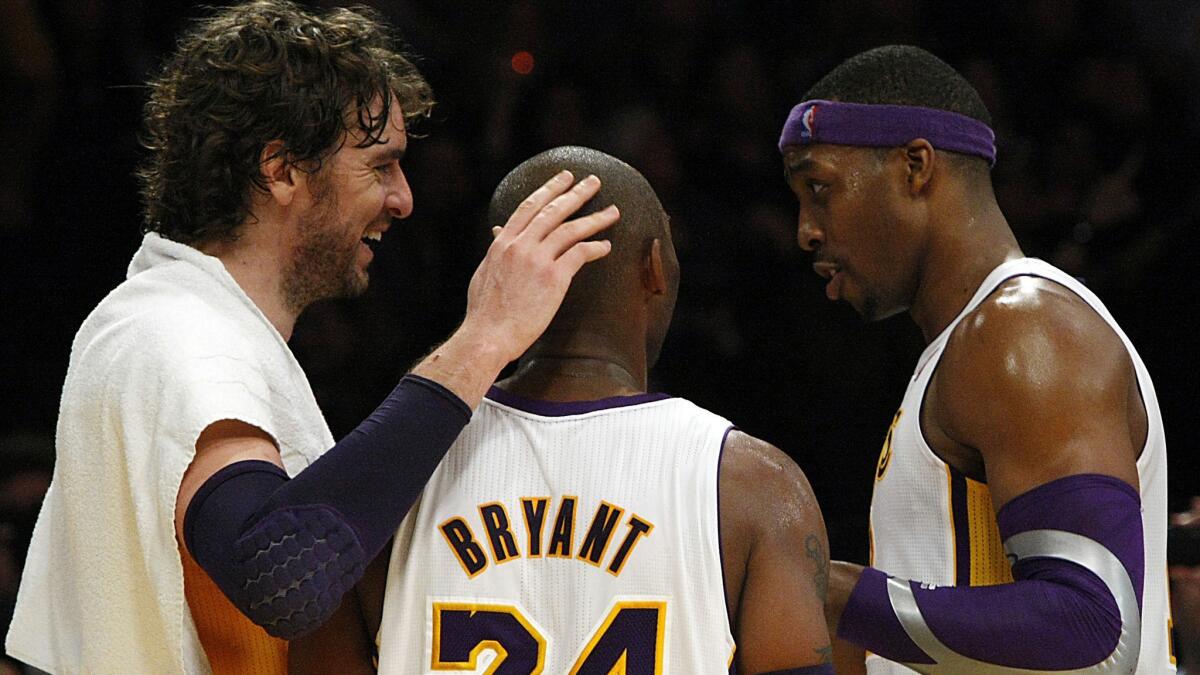
2012-13 LAKERS
After winning three consecutive titles to start the decade behind Kobe Bryant, Shaquille O’Neal and veteran role players, the Lakers acquired Dwight Howard and Steve Nash in trades that depleted the Lakers’ future first-round draft picks. Bryant and Pau Gasol had won back-to-back titles with Andrew Bynum at center in 2009 and ’10. This experiment lasted just one season as injuries derailed Nash’s career and Howard’s capability.
2016-17 GOLDEN STATE WARRIORS
After splitting a pair of titles with LeBron James’ Cleveland Cavaliers, the Warriors landed Kevin Durant during free agency to join Stephen Curry, Klay Thompson and Draymond Green. They would win the next two NBA championships and the foursome would play in the 2018 All-Star game. That dynasty is over with Durant agreeing to join the Brooklyn Nets while Thompson possibly missing next season because of a torn ACL.
More to Read
All things Lakers, all the time.
Get all the Lakers news you need in Dan Woike's weekly newsletter.
You may occasionally receive promotional content from the Los Angeles Times.
